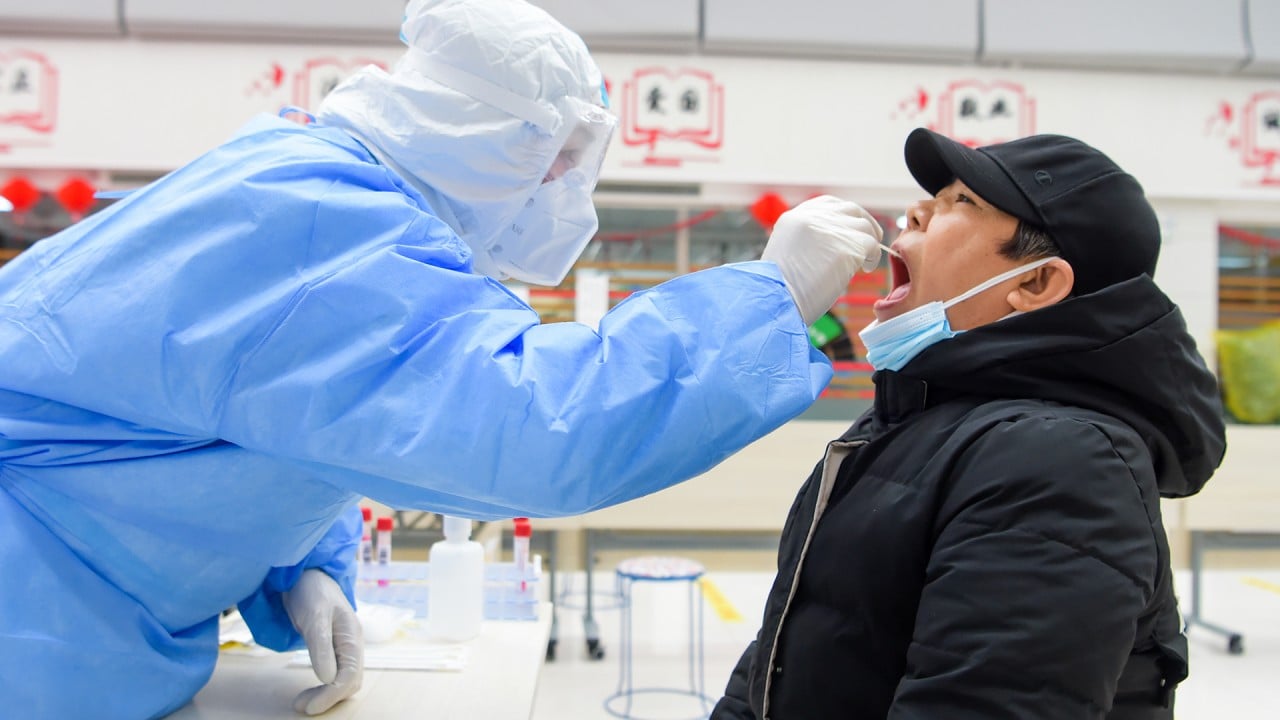
Letters | Are young Hongkongers slackers? Perhaps they just need to believe change is possible
- Readers discuss accusations of youth slacking off, the challenges of extended quarantine, vaccination of children and reforms to the Retired Athletes Transformation Programme
To rejuvenate Hong Kong’s work ethic, he said, there was a need to emphasise “hard work” in the Values and Education Curriculum Framework guidelines, and to remove words used in an earlier Moral and Civic Education Curriculum Framework so teachers needn’t worry – words like “respect human rights” and “critical thinking”.
According to the latest annual Demographia International Housing Affordability study, Hong Kong housing prices are 20.7 times the median household income, much higher than second-placed Vancouver’s 13 times. If young people could change things, they might emulate Mr Chow’s positive attitude. Perhaps he could suggest a candidate or two deserving of their vote?
Paul Serfaty, Mid-Levels
Give boostered Hongkongers a shorter quarantine
I came to Canada last month to visit my father and planned to return to Hong Kong in early January. I have booked a quarantine hotel for 14 days.
The requirements for inbound travellers from Canada are already very stringent. Before boarding, a negative polymerase chain reaction (PCR) test result has to be submitted in addition to a vaccination record and the quarantine hotel booking. If the government grants those with three doses 14 days of quarantine, I believe that more people will have more incentive to take up vaccination.
Angela Lok, Mei Foo
We need a vaccine consensus for children
Young children are very curious about their surroundings. They touch anything, anywhere, and may remove their masks at any time with no hygiene awareness – in shopping centres, country parks and even along streets.
Gian Choi, Tseung Kwan O
Retired athletes deserve more support
The recent announcement to expand the Retired Athletes Transformation Programme and attract more participants is timely. Chief Executive Carrie Lam Cheng Yuet-ngor vowed in her policy address to double the number of retired athletes in the programme in five years.
Launched a few years ago by the Home Affairs Bureau, the programme supports retired athletes’ career development by providing job opportunities, on-the-job training and education subsidies. To make it more attractive, the government should review the eligibility criteria and offer wider career options.
To join, athletes must have retired within the past six years, received secondary education, trained for at least two years as a senior athlete or full-time professional and represented the city in an international competition. Since its launch, a total of 117 elite athletes have joined the programme – a small number compared to the 1,300 elite athletes currently receiving training at the Hong Kong Sports Institute.
The government should conduct surveys to estimate the number of retired athletes eligible and decide if the criteria should be revised to sign up more people.
At the moment, the programme offers jobs to promote sports in schools or administrative positions in athletic organisations, all valuable opportunities for those interested in sports promotion and administration. But to support others with different career aspirations, the Home Affairs Bureau should consider introducing a subsidised employment scheme, like the Labour Department’s Employment Programme for the Elderly and Middle-aged, which subsides the employers that hires older residents. To encourage more athletes to complete the employment programme, the bureau could offer a retention allowance like the Labour Department’s Three-year Retention Allowance Pilot Scheme.
Yue Juan Zeng and Ching Fung Cheung, Kowloon Tong



